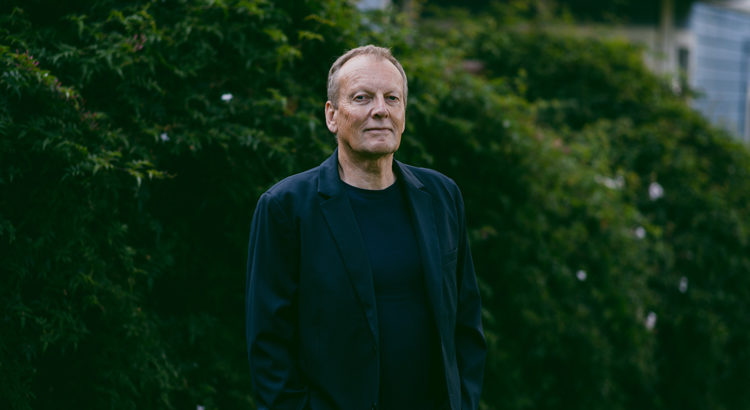Undark
A recent analysis found that most research mischaracterizes the relationship between music and skills enhancement.
IN 2004, a paper appeared in the journal Psychological Science, titled “Music Lessons Enhance IQ.” The author, composer and University of Toronto Mississauga psychologist Glenn Schellenberg, had conducted an experiment with 144 children randomly assigned to four groups: one learned the keyboard for a year, one took singing lessons, one joined an acting class, and a control group had no extracurricular training. The IQ of the children in the two musical groups rose by an average of seven points in the course of a year; those in the other two groups gained an average of 4.3 points.
Schellenberg had long been skeptical of the science underpinning claims that music education enhances children’s abstract reasoning, math, or language skills. If children who play the piano are smarter, he says, it doesn’t necessarily mean they are smarter because they play the piano. It could be that the youngsters who play the piano also happen to be more ambitious or better at focusing on a task. Correlation, after all, does not prove causation.
The 2004 paper was specifically designed to address those concerns. And as a passionate musician, Schellenberg was delighted when he turned up credible evidence that music has transfer effects on general intelligence. But nearly a decade later, in 2013, the Education Endowment Foundation funded a bigger study with more than 900 students. That study failed to corroborate Schellenberg’s findings, finding no evidence that music lessons improved math and literacy skills.
Schellenberg took that news in stride while continuing to cast a skeptical eye on the research in his field. Recently, he decided to formally investigate just how often his fellow researchers in psychology and neuroscience make what he believes are erroneous — or at least premature — causal connections between music and intelligence. His results, published in May, suggest that many of his peers do just that …





